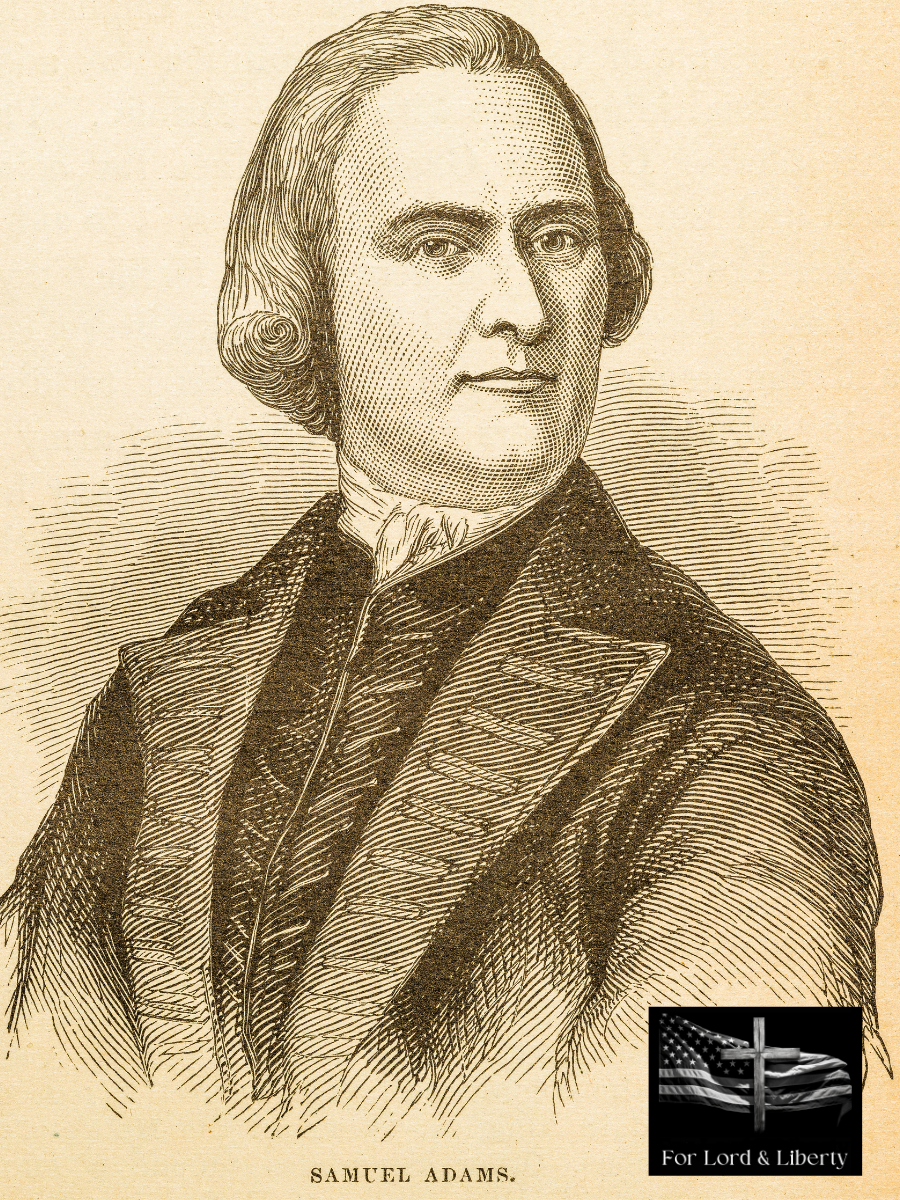
The Townshend Acts and Colonial Resistance: Prelude to Revolution
Share
At For Lord & Liberty, we firmly believe faith and patriotism are fundamental to a strong nation. Our mission is to illuminate the rich pictures of biblical teachings and American history. Today, we explore a pivotal moment leading to America's quest for independence: The Townshend Acts and colonial resistance. In 1767, the British Parliament passed the Townshend Acts, a series of laws named after Charles Townshend, the Chancellor of the Exchequer. These acts imposed duties (taxes) on imported goods such as tea, glass, paper, and paint. The revenue generated from these taxes was intended to pay the salaries of colonial governors and judges, asserting British control over the colonies.
Colonial Response: Outcry and Opposition
The Townshend Acts reignited colonial anger and resistance against British taxation policies. Colonists viewed these taxes as another form of oppression and a violation of their rights as Englishmen. The acts were met with widespread protests, boycotts of British goods, and renewed calls for colonial unity.
The Role of the Sons of Liberty
Once again, the Sons of Liberty played a crucial role in organizing opposition to British policies. Figures like Samuel Adams and John Hancock led them. The Sons of Liberty orchestrated boycotts of British goods and staged public demonstrations against the Townshend Acts. Their actions galvanized colonial solidarity and strengthened the resolve for independence.

The Boston Massacre: A Tragic Turning Point
Tensions escalated on March 5, 1770, when British soldiers opened fire on a crowd of colonists in Boston, killing five people. This event, known as the Boston Massacre, further inflamed anti-British sentiment and became a powerful propaganda tool for the colonial cause. It highlighted the growing divide and distrust between the colonies and Britain. Colonial merchants and leaders organized non-importation agreements to combat the Townshend Acts. These agreements called for a boycott of British goods, aiming to exert economic pressure on Britain and force the repeal of the Townshend duties. Although effective in some regions, these agreements also strained colonial economies and highlighted the complexities of colonial resistance.
The Repeal and Legacy
In 1770, Parliament repealed most of the Townshend duties, except for the tax on tea. The partial repeal was a victory for colonial resistance, but tensions continued to simmer. The legacy of the Townshend Acts and colonial resistance set the stage for future conflicts and strengthened the resolve of American colonists to pursue independence from British rule. The Townshend Acts and colonial resistance exemplify the colonists' unwavering commitment to liberty and self-governance. At For Lord & Liberty, we emphasize the importance of understanding these historical events to appreciate the values that define our nation today. The spirit of resistance and determination showcased during this period inspires us to uphold the principles of faith, patriotism, and freedom.
Join us as we journey through America's quest for independence, exploring the lessons of courage and conviction that shape our national identity. Stay tuned for more insights and stories illuminating the enduring principles of faith and patriotism at the heart of our nation's history.
